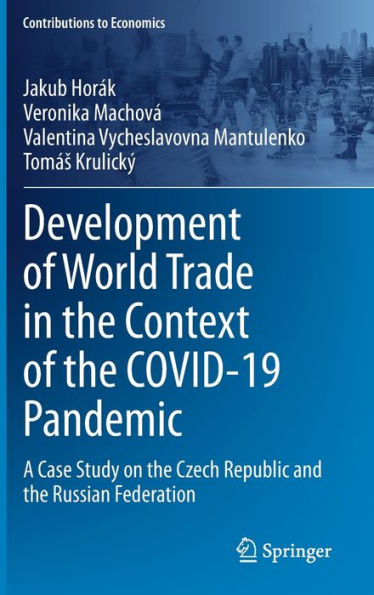Home
Tourism Policy-Making in the Context of Contested Wicked Problems: Sustainability Paradox, Climate Emergency and Covid-19
Barnes and Noble
Tourism Policy-Making in the Context of Contested Wicked Problems: Sustainability Paradox, Climate Emergency and Covid-19
Current price: $124.00


Barnes and Noble
Tourism Policy-Making in the Context of Contested Wicked Problems: Sustainability Paradox, Climate Emergency and Covid-19
Current price: $124.00
Size: OS
Loading Inventory...
*Product information may vary - to confirm product availability, pricing, shipping and return information please contact Barnes and Noble
Embedded in and interrelated with its broader socio-economic and political context, the tourism system currently faces profound challenges. Against this backdrop, the book
Tourism Policy-Making in the Context of Contested Wicked Problems
offers a contemporary and interdisciplinary perspective on tourism public policy to aid the description, analysis, and explanation of these wicked and interconnected, complex policy problems. Current problem-solving capabilities and competences of governments to deal with specific tourism policy issues (or wicked problems) such as the climate emergency, tourism mobility, indigenous disadvantages, the COVID-19 pandemic, or the P2P economy are critically analysed and some interesting insights are offered into transition pathways towards tourism sustainability.
The book is part of the
Advances in Culture, Tourism and Hospitality Research
series which seeks to advance knowledge and sense-making skills in interpreting cultural, organizational, and personal influences relating to tourism and hospitality behaviours. This broad objective includes examining unconscious and conscious thinking processes of tourists, guests, and/or service providers in contexts that relate to tourism and hospitality.
Tourism Policy-Making in the Context of Contested Wicked Problems
offers a contemporary and interdisciplinary perspective on tourism public policy to aid the description, analysis, and explanation of these wicked and interconnected, complex policy problems. Current problem-solving capabilities and competences of governments to deal with specific tourism policy issues (or wicked problems) such as the climate emergency, tourism mobility, indigenous disadvantages, the COVID-19 pandemic, or the P2P economy are critically analysed and some interesting insights are offered into transition pathways towards tourism sustainability.
The book is part of the
Advances in Culture, Tourism and Hospitality Research
series which seeks to advance knowledge and sense-making skills in interpreting cultural, organizational, and personal influences relating to tourism and hospitality behaviours. This broad objective includes examining unconscious and conscious thinking processes of tourists, guests, and/or service providers in contexts that relate to tourism and hospitality.


















